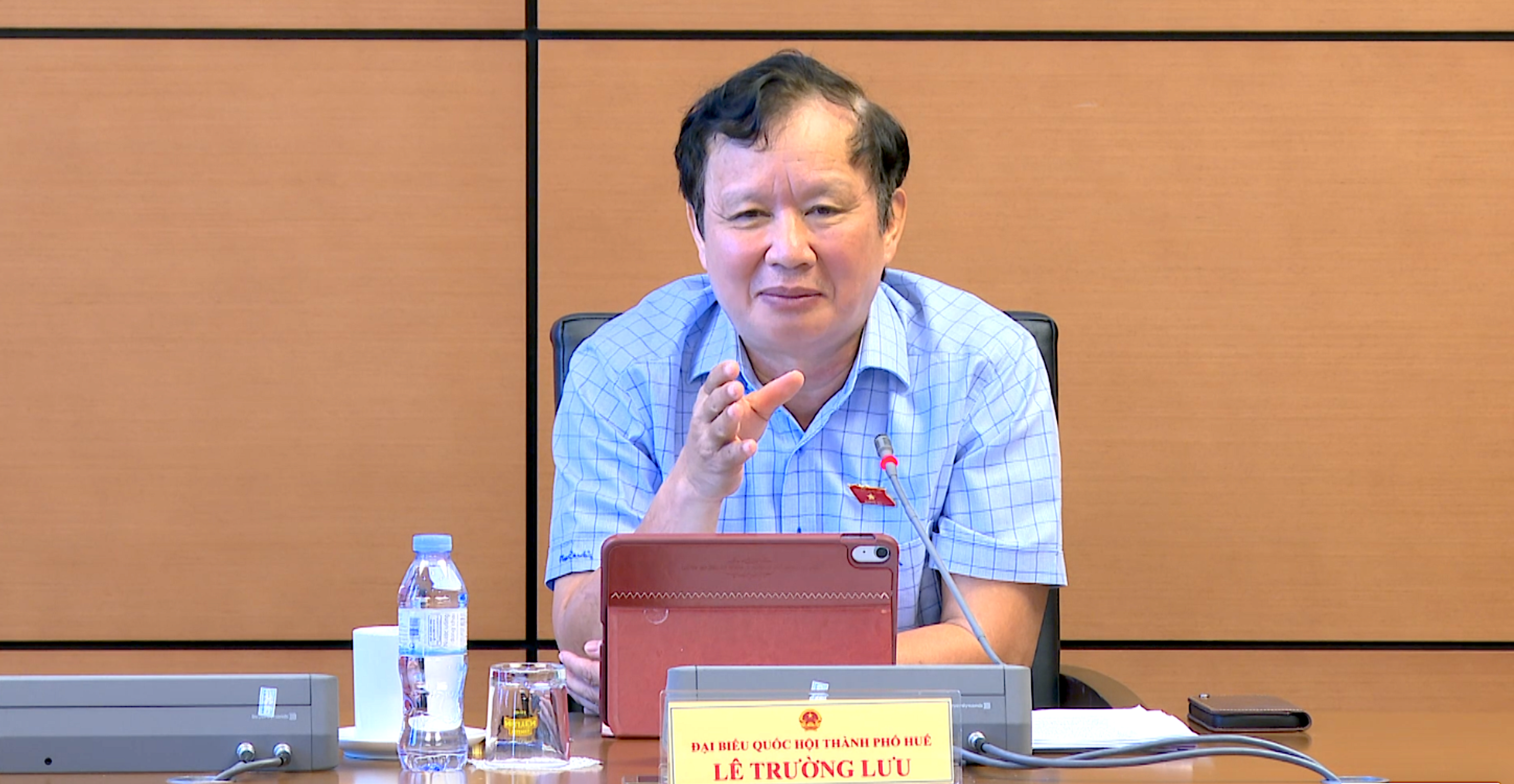 |
| Delegate Le Truong Luu expressed his opinion at the discussion session. Photo: Provided by the city's National Assembly Delegation |
Group 6 is chaired by Party Central Committee member, Chairman of the People's Council, Head of the National Assembly Delegation of Hue City Le Truong Luu, including delegations from Hue, Dong Nai and Lang Son.
Focus on “pre-bankruptcy recovery”
Speaking at the discussion, Head of the Hue City National Assembly Delegation Le Truong Luu emphasized: “It is necessary to review the name and structure of the draft Bankruptcy Law (amended). In my opinion, it should be changed to the Law on Enterprise Rehabilitation and Bankruptcy to reflect the true spirit: Before declaring bankruptcy, there must be a recovery period.”
Mr. Luu believes that the process of enterprise recovery is not only humane, but also a necessary legal mechanism to help enterprises escape debt and restore their production and business capabilities. “If enterprises are granted debt relief, debt extension, or even tax debt reduction, they can still recover. When all recovery measures fail, then they will declare bankruptcy,” Mr. Luu stated his opinion.
Regarding the process, delegate Le Truong Luu suggested that the recovery time must be clearly defined to avoid prolonging the process and causing businesses to fall deeper into crisis. “It is possible to stipulate 3 or 6 months to complete the recovery procedure. The longer the time, the higher the possibility of bankruptcy,” said Mr. Luu.
Another issue noted by Mr. Le Truong Luu is the capacity of the administrator - the person appointed by the court to manage the business recovery process: "Not only must the administrator have legal knowledge, but he must also have real business management skills. They must be able to assess the recovery potential and propose specific solutions, not just do administrative procedures."
In addition, Head of the Hue City National Assembly Delegation Le Truong Luu also proposed adjusting the concept of “obligation to request bankruptcy” in the draft law. “This is not only an obligation, but also a right of those whose interests have been violated, such as employees, creditors, unions, tax authorities, and social insurance. It is necessary to clarify to avoid the situation of “rights being less than obligations” in reality,” Mr. Luu emphasized.
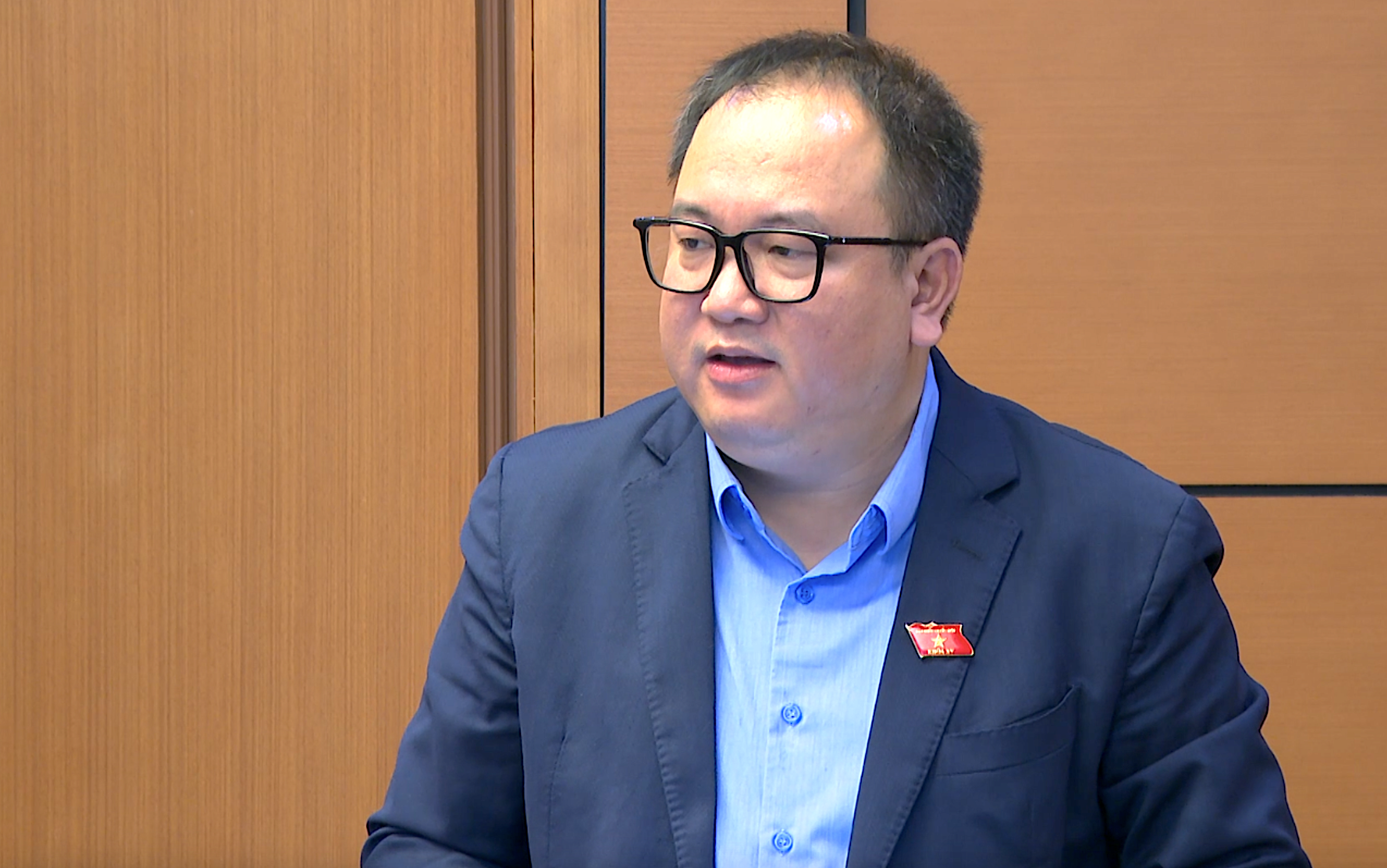 |
| Delegate Pham Trong Nghia is interested in deposit insurance. Photo: Provided by the City National Assembly Delegation |
Attaching responsibility to the inspection power of the deposit insurance organization
Participating in giving comments on the Law on Deposit Insurance (amended), delegate Pham Trong Nghia (National Assembly Delegation of Lang Son province) said that the project dossier was qualified to be submitted to the National Assembly for consideration. Mr. Nghia affirmed: "Deposit insurance is a common mechanism in more than 130 countries, helping to protect depositors and maintain the safety of the financial and banking system."
Delegates suggested that the drafting agency add provisions on the application of technology and digital transformation in deposit insurance activities, which are missing in the 42 articles of the draft law. “Technology helps to monitor risks early, make information transparent and better protect the rights of depositors,” Mr. Nghia analyzed.
A notable content is the proposal to give inspection power to the Vietnam Deposit Insurance Organization. Delegate Pham Trong Nghia assessed that this is reasonable but it is necessary to clarify the legality of inspection activities, whether it is regulated by the Inspection Law or a separate document to avoid overlapping and duplication with the activities of the State Bank.
Mr. Nghia stated: “We must strictly implement the spirit of Resolution 68 of the Government - an enterprise should only be inspected and audited once a year, unless there are clear signs of violations. If not well coordinated, duplicate inspections will cause difficulties for credit institutions.”
In addition, delegates noted the resources for implementation. Currently, the Deposit Insurance of Vietnam only has about 867 staff while it has to supervise more than 1,200 credit institutions. “If we are given more inspection authority, we need to increase human resources and clearly define responsibilities. Authority must come with responsibility. If inspection still results in risks, we must clearly identify which agency is responsible,” said Mr. Nghia.
Regarding the deposit insurance payment limit, Mr. Nghia agreed to transfer the authority from the Prime Minister to the Governor of the State Bank to be consistent with the spirit of decentralization. However, he proposed considering regulations based on a percentage of the deposit amount, instead of the current flat rate of 125 million VND. "This approach will be fairer, both encouraging savings and minimizing systemic risks," the delegate said.
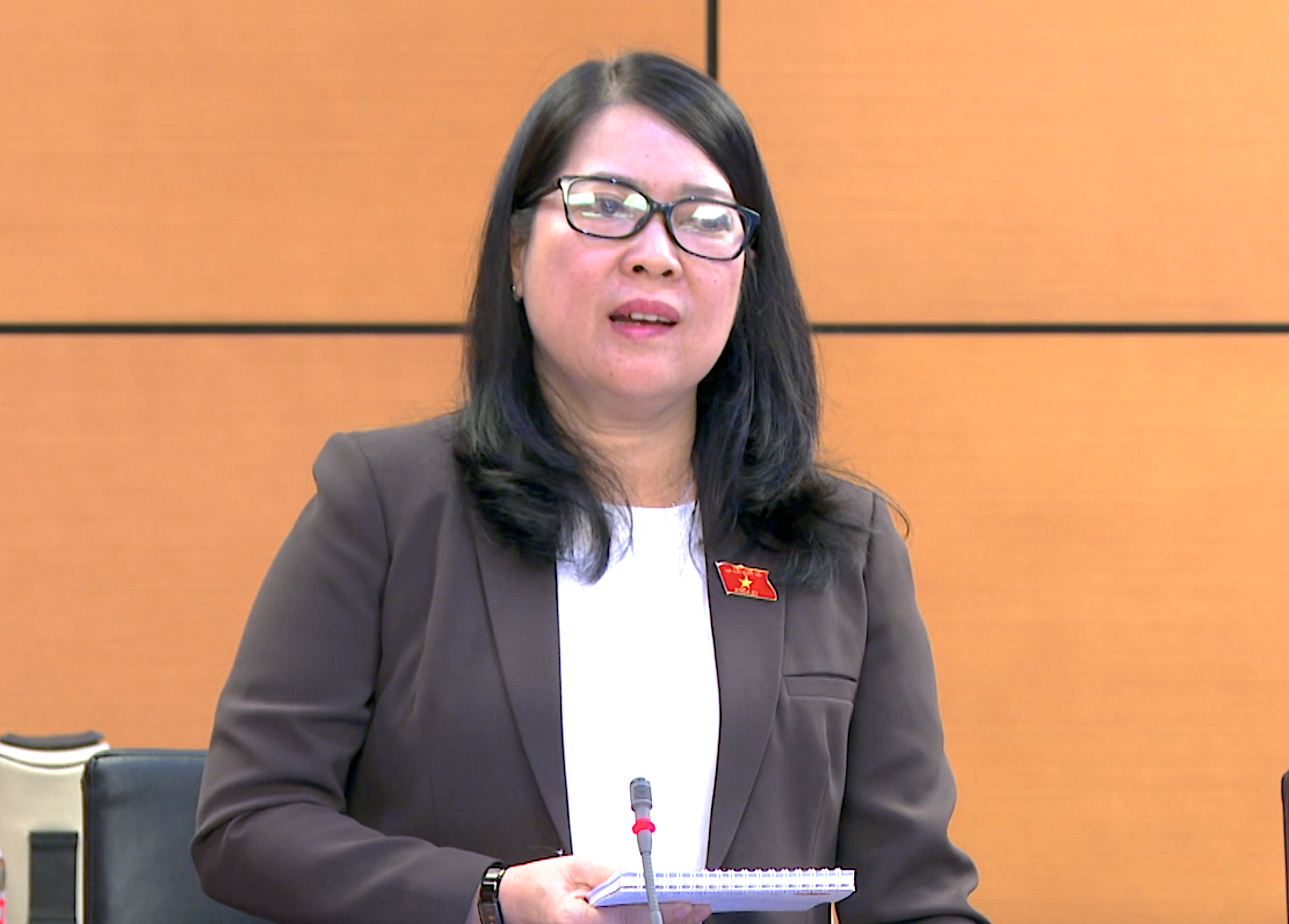 |
| Delegate Nguyen Thi Nhu Y said it is necessary to protect workers in bankrupt enterprises. Photo: Provided by the City National Assembly Delegation |
Protecting workers in bankrupt enterprises
Based on the reality in Dong Nai, where many industrial parks are concentrated, delegate Nguyen Thi Nhu Y (National Assembly Delegation of Dong Nai province) expressed the view that it is necessary to put workers at the center of the process of handling enterprise bankruptcy.
Ms. Y recalled the incident in 2020, when a business owner fled, leaving more than 2,000 workers without pay right before Tet. “The total amount of salary owed was nearly 7 billion VND. At that time, as Chairman of the Provincial Labor Federation, I had to ask the Provincial People's Committee to advance the budget to pay the workers on time. That was a painful lesson,” Ms. Y said.
According to the delegate, in current bankruptcy cases, the regulations protecting workers' rights are still general, lacking specific guidance on the responsibility for paying wages, insurance, and severance pay. "When a business goes bankrupt, workers are the most disadvantaged. The law must have a clear mechanism for them to be paid wages and social insurance before dividing the remaining assets," Ms. Y suggested.
Ms. Nguyen Thi Nhu Y also said that regulations on the responsibilities of business owners need to be stricter, especially in cases of absconding or deliberately disposing of assets. “If not strictly handled, many more workers will lose their Tet and jobs like the incident that happened in Dong Nai,” Ms. Y emphasized.
* Previously, the National Assembly deputies listened to the Chief Justice of the Supreme People's Court present the Proposal for the Bankruptcy Law (amended); the Governor of the State Bank of Vietnam present the Proposal for the Deposit Insurance Law (amended); the Minister of Culture, Sports and Tourism and the Minister of Health present the drafts for the Press Law (amended), the Population Law and the Disease Prevention Law, respectively; along with the verification reports of the National Assembly's Economic - Financial Committee and the Cultural - Social Committee.
Source: https://huengaynay.vn/chinh-tri-xa-hoi/theo-dong-thoi-su/bao-ve-quyen-loi-doanh-nghiep-va-nguoi-gui-tien-159115.html




![[Photo] Prime Minister Pham Minh Chinh chairs meeting on railway projects](https://vphoto.vietnam.vn/thumb/1200x675/vietnam/resource/IMAGE/2025/10/23/1761206277171_dsc-9703-jpg.webp)

![[Photo] Prime Minister Pham Minh Chinh meets with South African President Matamela Cyril Ramaphosa](https://vphoto.vietnam.vn/thumb/1200x675/vietnam/resource/IMAGE/2025/10/23/1761226081024_dsc-9845-jpg.webp)
![[Photo] President Luong Cuong holds talks with South African President Matamela Cyril Ramaphosa](https://vphoto.vietnam.vn/thumb/1200x675/vietnam/resource/IMAGE/2025/10/23/1761221878741_ndo_br_1-8416-jpg.webp)


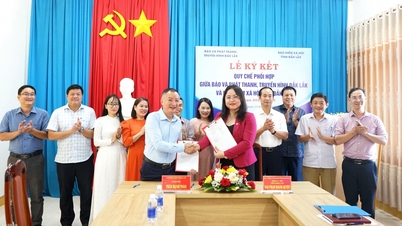


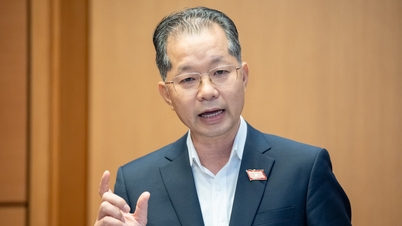



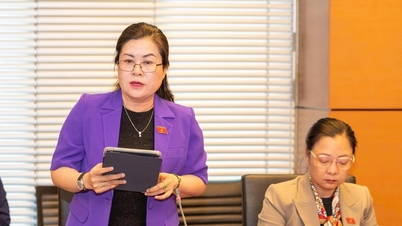



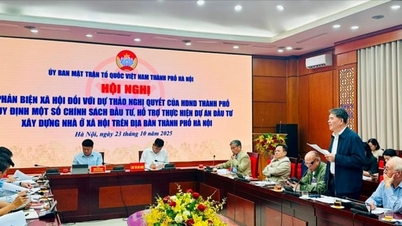




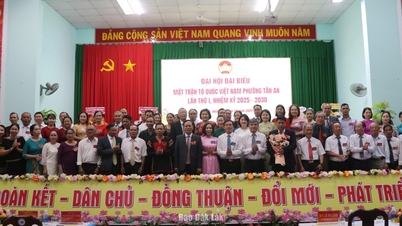
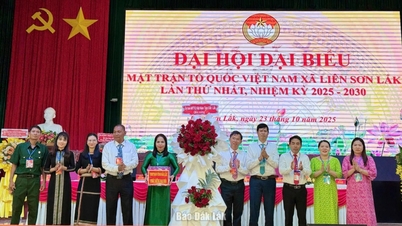




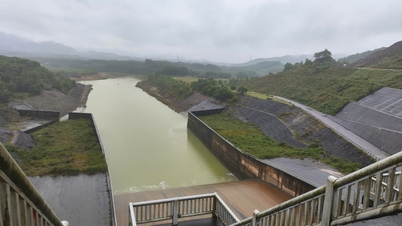
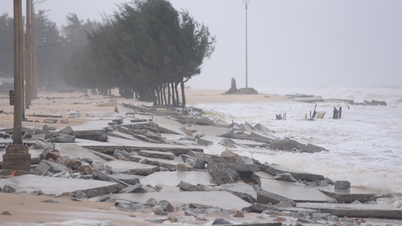
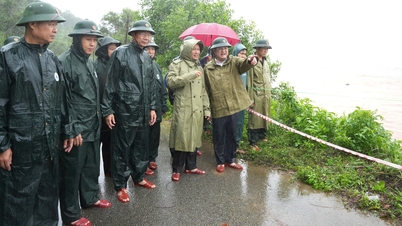

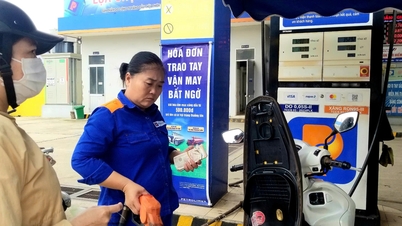





































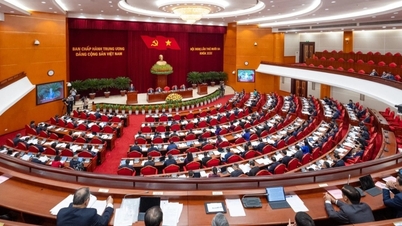


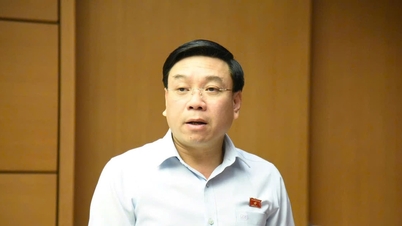





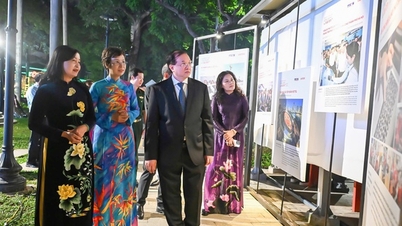



























Comment (0)